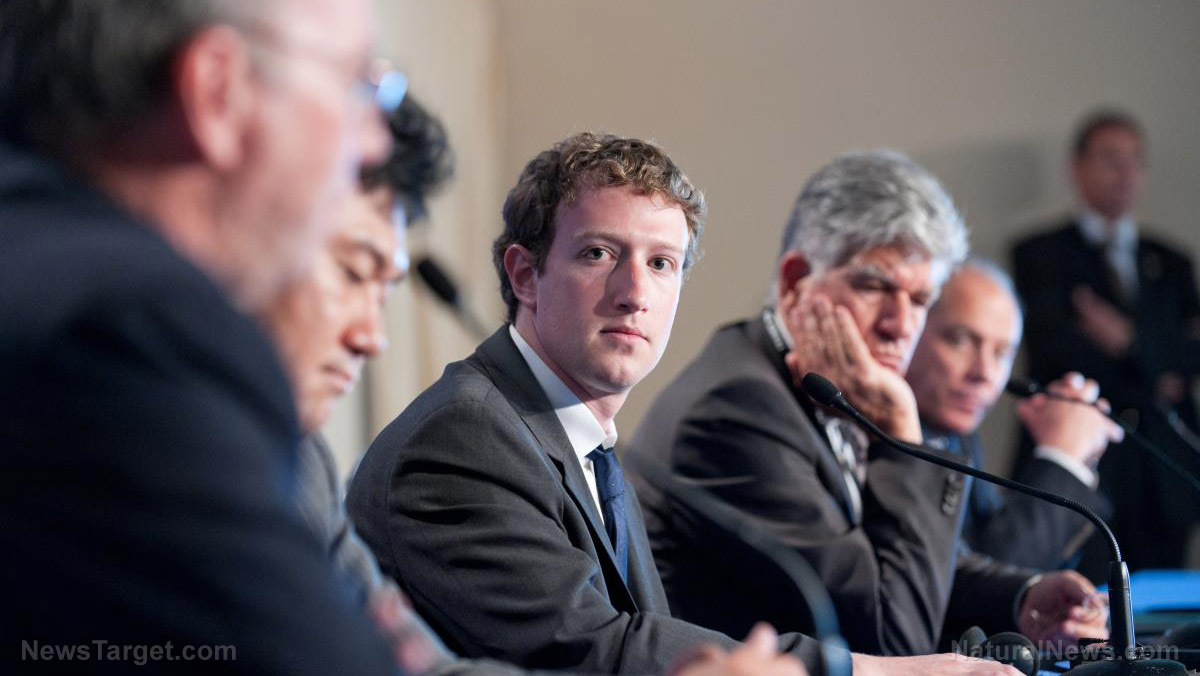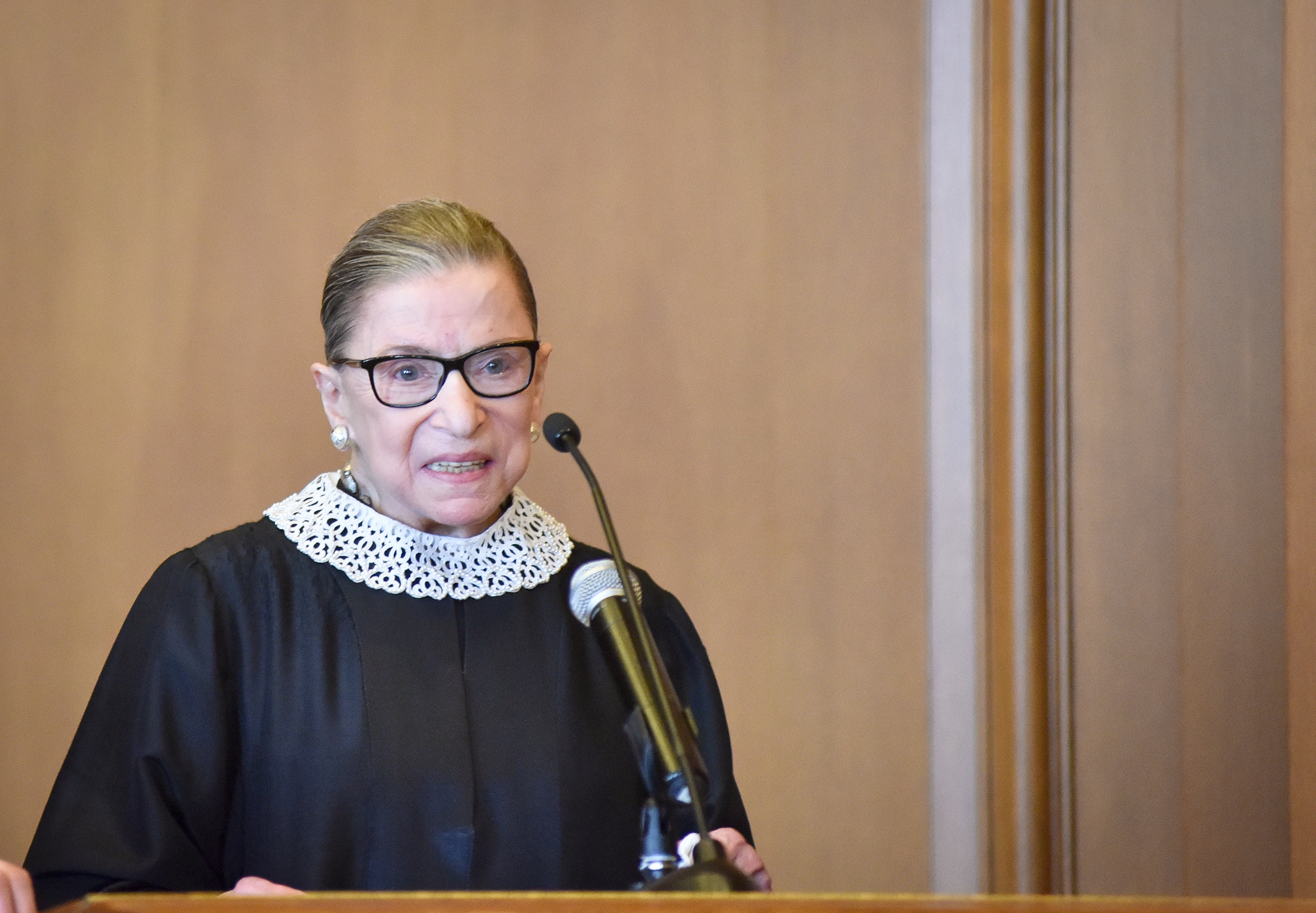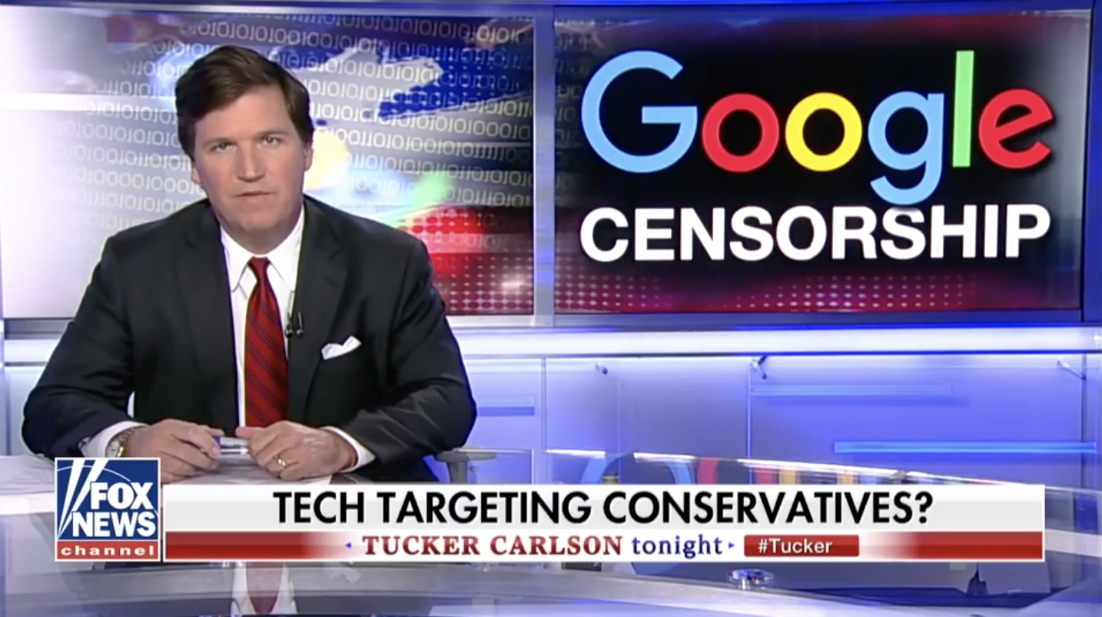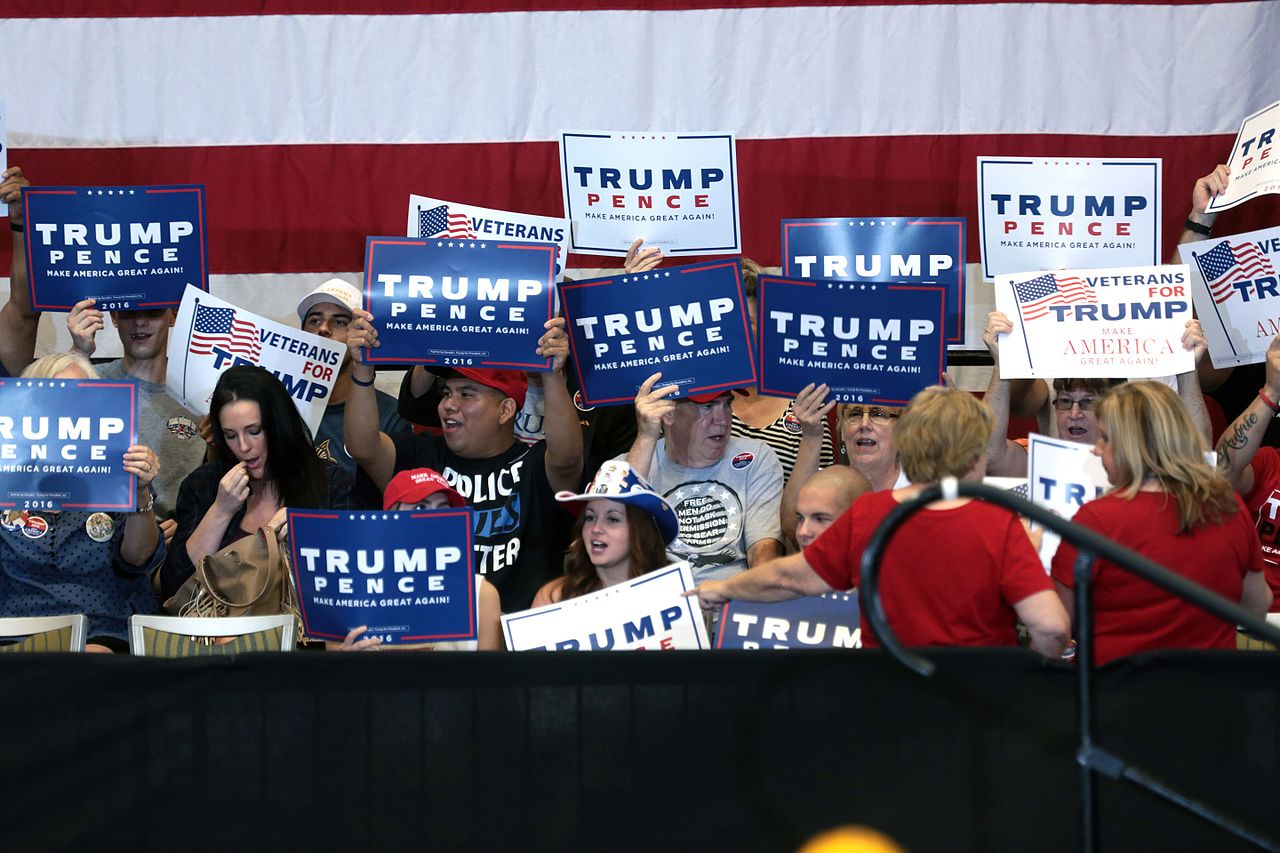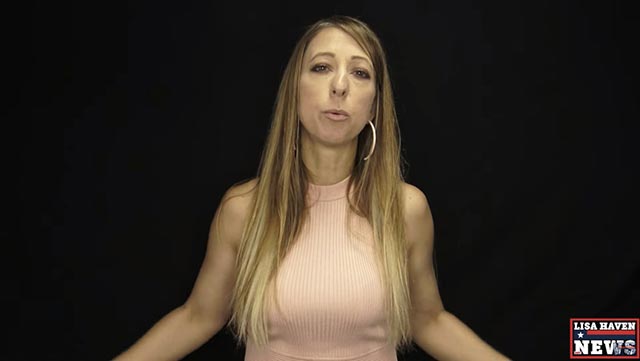Sec. 230 protections need to be stripped from Wikipedia, which is nothing but a smear machine run by coordinated corporate gangs
09/03/2019 / By Ethan Huff

Now that Wikipedia has been exposed as little more than a pharma-pushing, truth-squelching disinformation racket that’s cloaked as some kind of independent online “encyclopedia,” the time is now for this obvious deep-state propaganda front to finally lose its Section 230 “Safe Harbor” protections.
What we mean by this is that Wikipedia, along with many other corrupt tech giants, continues to unfairly benefit from a special clause in the Communications Decency Act (CDA) that grants content providers immunity from liability for the information they publish that’s created by other people.
Since Wikipedia has decided to openly alter, remove, or otherwise censor information that its owners and editors find “offensive,” or that runs contrary to their preferred agenda, Wikipedia has transformed into a content publisher, meaning Section 230 protections no longer apply.
As we earlier reported, there are many other content providers-turned-publishers like Facebook, Apple, Amazon, Twitter, Instagram, YouTube, and Pinterest that are also unjustly benefiting from Section 230 protections while engaging in similar forms of censorship.
When Section 230 of the CDA was first hatched several decades back, Big Tech had not yet become the Ministry of Truth behemoth that it is today. As a result, it’s largely out of date, or at best not being properly enforced, much to the detriment to freedom of speech and the First Amendment as it now exists online.
“They’re subject to a legislative exception that is a couple decades old, overturning a century of law,” notes Fred Campball, the former wireless bureau chief of the Federal Communications Commission (FCC), about how tech companies like Wikipedia are taking advantage of a regulatory loophole that requires urgent reform.
For more news about how Wikipedia and the rest of the tech cabal is actively censoring the truth online without consequence, be sure to check out Censorship.news.
The new Wikipedia may as well rename itself to CNN or MSNBC
Campbell uses the example of what happened to Alex Jones and his Infowars media outlet, which has been systematically removed and banned from almost every major tech platform out there – all of which are still taking advantage of Section 230 protections that no longer apply to them.
“If they want the ability to edit the Internet and take down Alex Jones, then they should not have Section 230 immunity,” Campbell says.
“If they’re acting like a publisher, which is what they’re doing, they’re doing the same sort of editorial decision making that newspapers and other print publications have been doing since immemorial,” he adds. “If they want to do that, why are they not subject to the same rules that the print media is subject to?”
In the case of Wikipedia, the platform no longer even allows accurate information about natural health and wellness to be published on its site as a lifestyle option. Such information is now considered to be “misinformation” stemming from “conspiracy theories,” and is thus barred from having entries on Wikipedia.
This alone proves that Wikipedia does not simply publish other people’s content, but is actively engaged in spinning a narrative that just so happens to be the same one being spun by the likes of Facebook, Apple, Amazon, and the rest.
“Wikipedia has a convoluted and lengthy policy on conflicts of interest, a policy that seems to lengthen whenever another pay-to-play edit scandal breaks. And there have been a lot of these scandals,” we recently reported about how Wikipedia’s entire editorial structure has changed so dramatically that the site can hardly be considered neutral anymore, by any stretch of the imagination.
“The unwritten law seems to be that paid editors should only engage in conflict-of-interest work if they can do it without getting caught and embarrassing the site. If you can’t obey the rules, at least break them quietly.”
Sources for this article include:
Tagged Under: Censorship, Communications Decency Act, content, controlling the narrative, First Amendment, freedom, Glitch, protections, Section 230, technocrats, Wikipedia
RECENT NEWS & ARTICLES
COPYRIGHT © 2018 SPEECHPOLICE.NEWS
All content posted on this site is protected under Free Speech. SpeechPolice.news is not responsible for content written by contributing authors. The information on this site is provided for educational and entertainment purposes only. It is not intended as a substitute for professional advice of any kind. SpeechPolice.news assumes no responsibility for the use or misuse of this material. All trademarks, registered trademarks and service marks mentioned on this site are the property of their respective owners.





